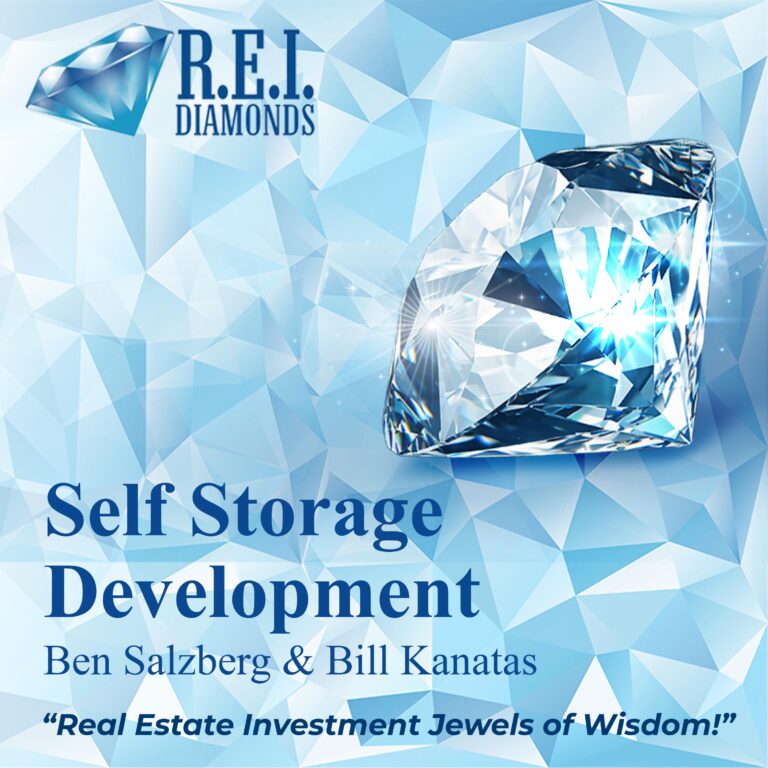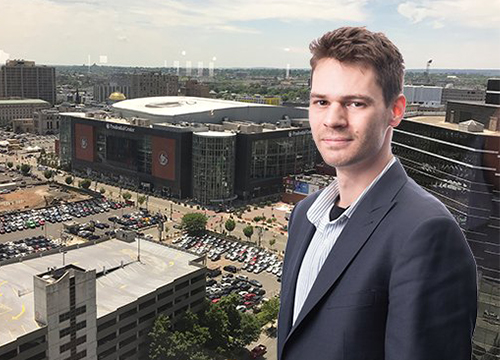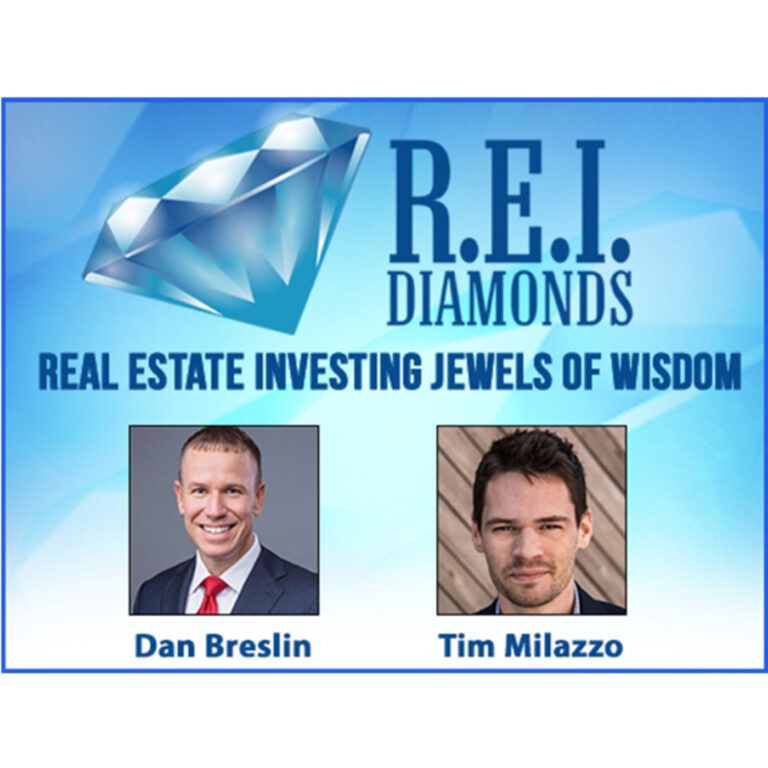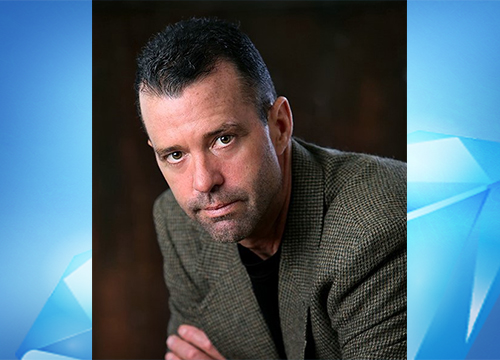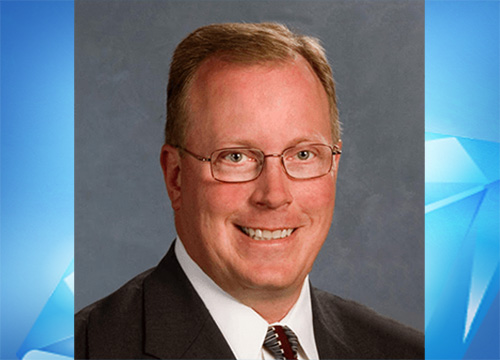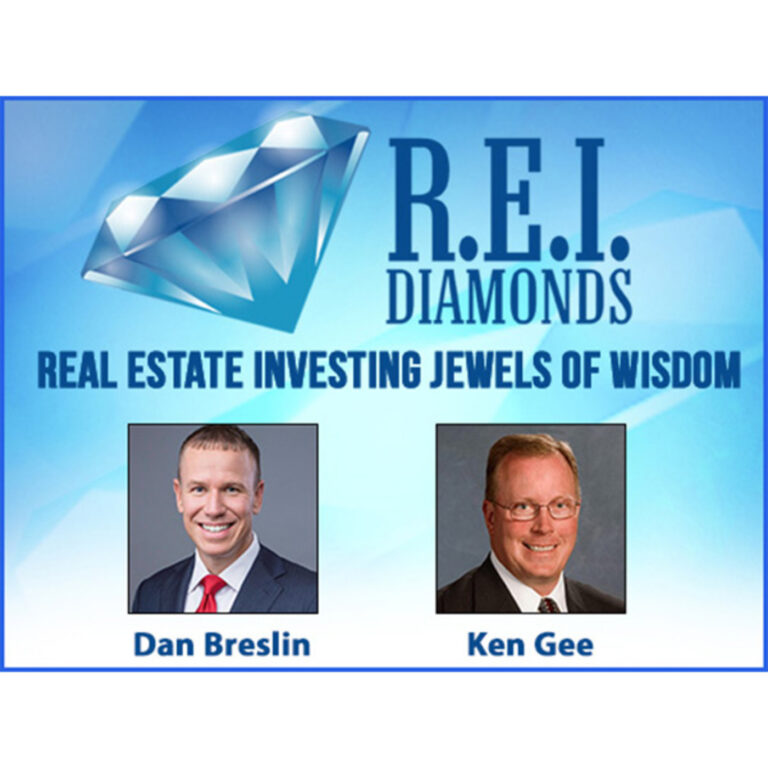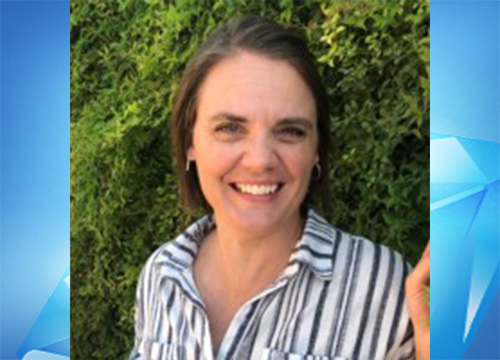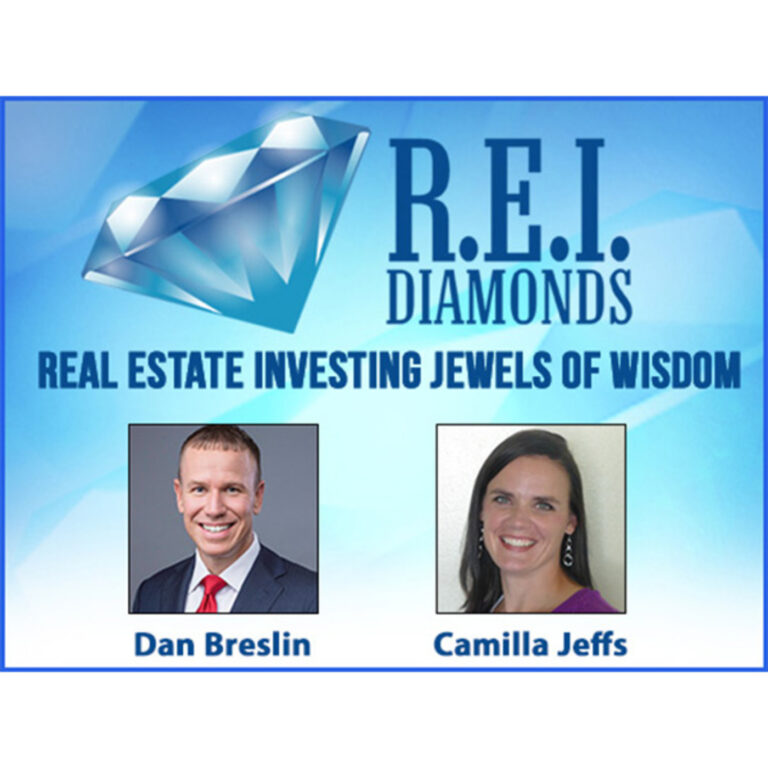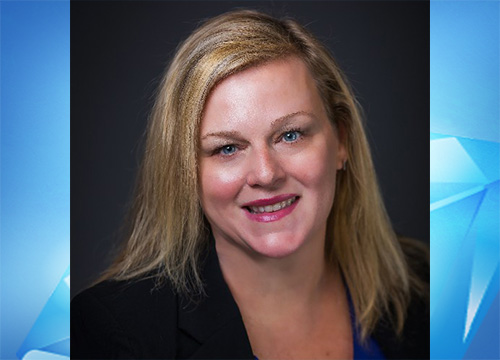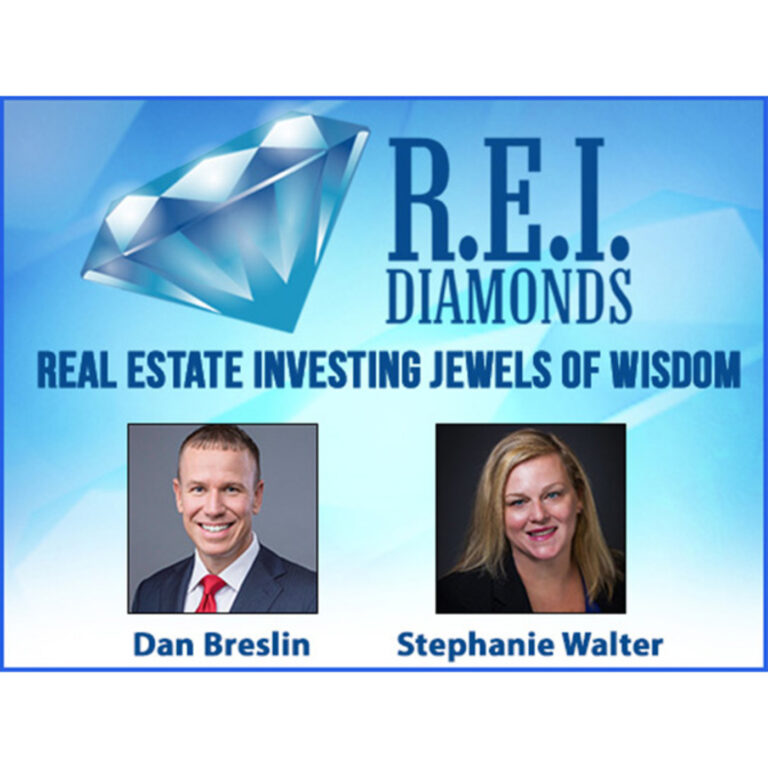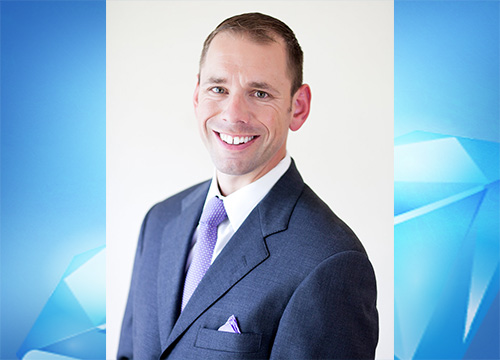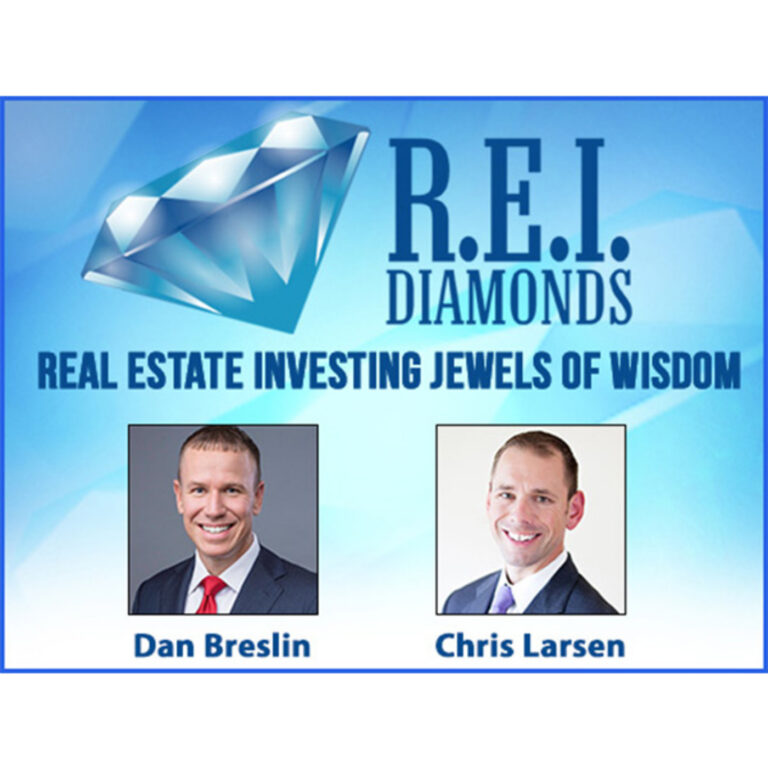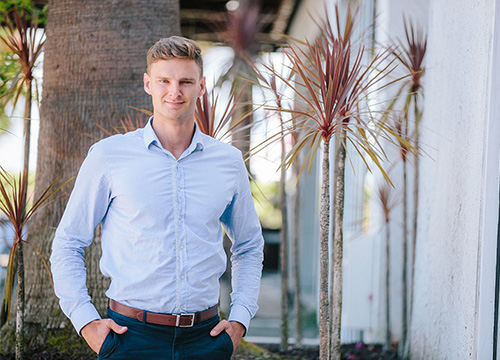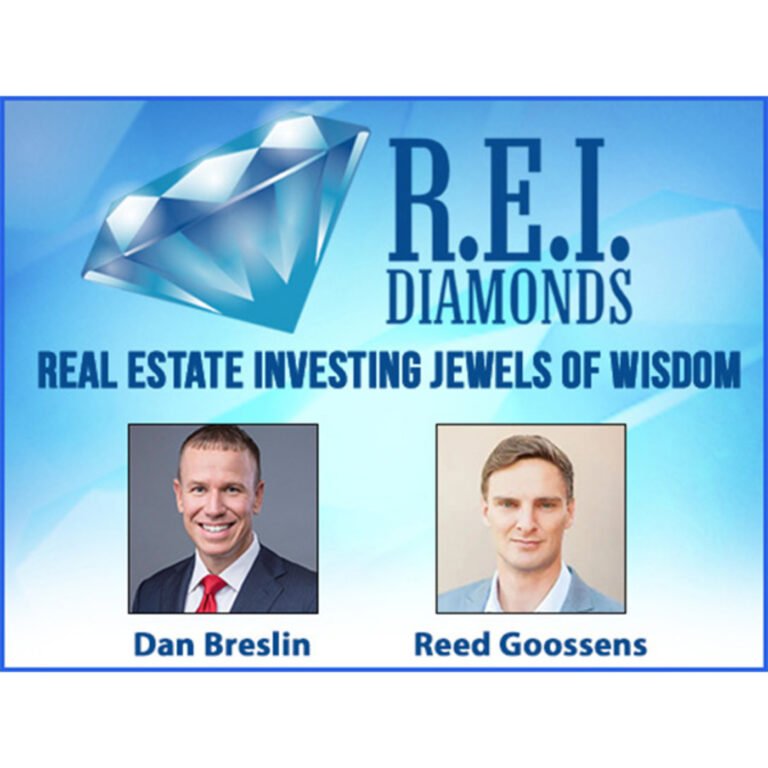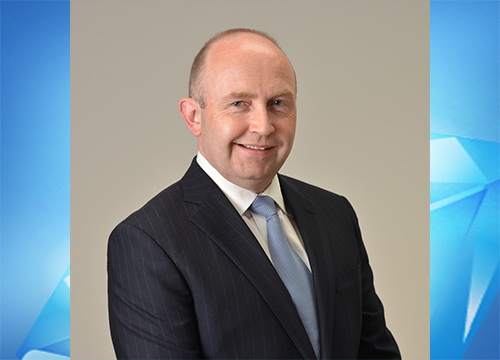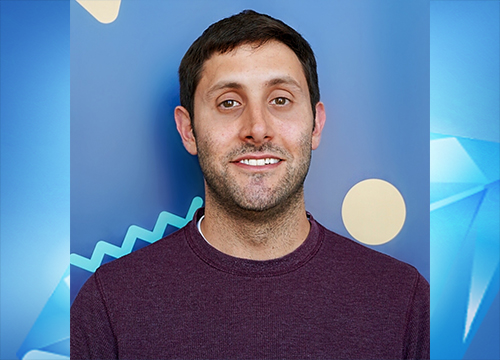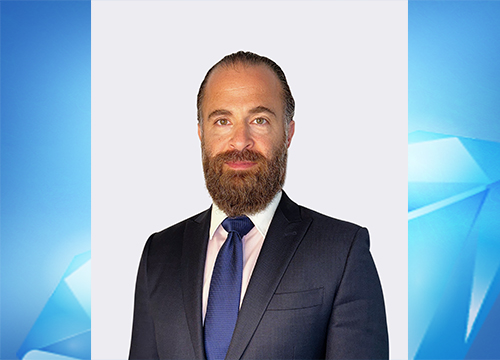
Multi-Family Real Estate Investing with CPI Capital CIO August Biniaz
Guest: An accomplished real estate investor, August is passionate about teaching and empowering others in the industry. With years of experience in various aspects of real estate, including acquisitions and deal structuring while navigating diverse markets successfully. Dedicated to sharing knowledge and best practices, August helps elevate the success of individuals and teams within the real estate community.
Big Idea: Dan and August highlight the importance of mastering four critical decisions that influence deal-making, as optimizing these can boost revenue. It emphasizes collaboration among team members for optimal outcomes and advocates using data from past deals to inform decisions and prevent missed opportunities. Lastly, it promotes a culture of continuous improvement, encouraging team members to reflect on their choices and consider alternative approaches for greater success.
Dan Breslin: Tell me about your 1st spec home deal, because I imagine that was not day one in real estate that was somewhere between day one and where we are today. But I feel like that was probably some leap of faith, some new level, some unknown, that you face there. So maybe that story would be interesting and reveal some lessons about stepping into the next level. Even if someone’s not trying to build spec homes, there is certain times where you have to kind of. Take that next step of faith. If you’re going to grow in the real estate business.
August Biniaz: Yeah, no absolutely great starting point. I had gotten my real estate agent license. This is probably around 1520 years ago, and was trying to kind of make it in that business, which I found it very difficult, and didn’t see it as very scalable. So I had certain concerns, and my partner, who was a pretty, experienced real estate agent. There was a lot that came up for sale, and when I say a lot there was old home on it. But in Vancouver you call anything that’s somewhat old, basically just a lot. It’s just lot value. And it had come for sale for 725,000, and he’s like, Hey, let’s buy this thing and let’s build something on it. And he was convinced me to get into kind of the Spec home development side of the business, and and we bought the property and we started building it.
We actually got a mortgage in my name and was able to get better terms from the banks on a personal type of resident construction which wasn’t on their business, and we went through the process of construction draws building this thing, but my partner was more the one that was involved in the construction process earlier on. But as the project went on I seemed to get more involved, and I was somewhat of a the project manager or site superintendent on that project, and we built the project. We we hadn’t even listed it, and there was a knock on the door from a real estate agent. There was a Chinese family that had moved down the road, and if you don’t know Vancouver, Vancouver has a you know, a mind blowing number of Chinese nationals that live in Vancouver, the city of Richmond, where I was, from which is a suburb of Vancouver, 200,000 population. 70% of the population are actually from mainland China.
This Episode of The REI Diamonds Show is Sponsored by the Deal Machine. This Software Enables Real Estate Investors to Develop a Reliable & Low Cost Source of Off Market Deals. For a Limited Time, You Get Free Access at http://REIDealMachine.com/
This Episode is Also Sponsored by the Lending Home. Lending Home Offers Reliable & Low Cost Fix & Flip Loans with Interest Rates as Low as 9.25%. Buy & Hold Loans Offered Even Lower. Get a FREE IPad when you Close Your First Deal by Registering Now at http://REILineOfCredit.com
Resources mentioned in this episode:
For Access to Real Estate Deals You Can Buy & Sell for Profit:
https://AccessOffMarketDeals.com/podcast/
August & I Discuss MultiFamily Real Estate Investing with CPI Capital
-
Mastery of Critical Decisions (Timestamp: 00:00:12)
-
Real-Time Collaboration (Timestamp: 00:05:12)
-
Data-Driven Decision-Making (Timestamp: 00:20:18)
-
Continuous Improvement Mindset (Timestamp: 00:37:45)
Relevant Episodes: (200+ Content Packed Interviews in Total)
- Multifamily Strategies for Success with Ava, CEO of CPI Capital
- Steve Budzik on High Volume & High Dollar House Flipping & Boutique Brokerage
- Family Values & Real Estate Investing with Jim Sheils, A #1 Wall Street Journal Best Seller
- Life Lessons on Prosperity with The Wealthy Gardener author John Soforic
- How to Avoid Capital Gains Tax Using a Deferred Sales Trust or Like Kind Exchange with Carl Worden
The transcript of this episode can be found here.
Transcripts of all episodes can be found here.

